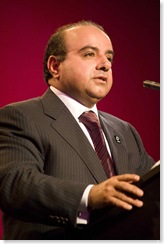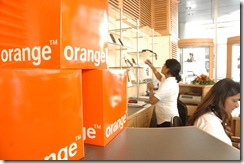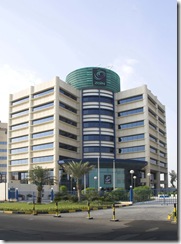For the year 2008, Zain Group recorded consolidated revenues of US$7.441 billion, an all-time high, which reflected an increase of 26 per cent compared to 2007. The company’s consolidated EBITDA increased by 15 per cent for the same period to reach US$2.78 billion. Consolidated net profits reached US$ 1.2 billion, an increase of six per cent on 2007.
 CEO Al Barrak said that if currencies had been stable, Zain would have added another 12 per cent to net profit
CEO Al Barrak said that if currencies had been stable, Zain would have added another 12 per cent to net profit
Year-on-year customer growth across the two continents in which Zain operates was 50 per cent with the operator serving 63.54 million active customers as at end-December, 2008.
“Despite a very challenging environment on many fronts and huge investments in network expansion, the group was able to achieve appealing and realistic levels of profitability during 2008, a testament to the sound management practices and excellent operational performance of all 22 operations in the Middle East and Africa,” commented Zain Group CEO, Saad Al Barrak.
Referring to the global financial crisis and volatility that has affected many equity markets, commodities and currencies, Al Barrak said, “Despite the fact that company had to endure higher borrowing rates in the second half of the year and an adverse US$138 million in currency exchange cost predominantly in Africa, it still performed admirably. This amount would have added another 12 per cent to the net profit figure should currencies have stayed relatively stable.”







